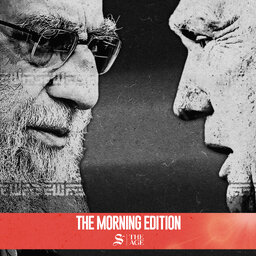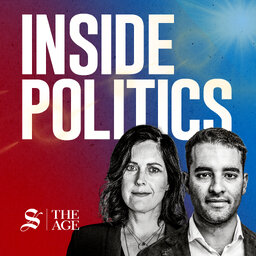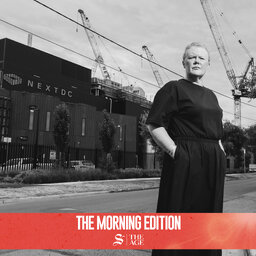Peter Hartcher on the China bind and his spat with Keating
When three Chinese warships sailed within 150 nautical miles of Sydney, last week, it was enough to make global headlines. Indeed, our defence force chief admitted just yesterday hat the Australian military didn’t know that these ships were conducting a live-firing exercise, while off the coast of Sydney, until 40 minutes after it began.
Today, international and political editor Peter Hartcher, on what it means that China’s stepping up its aggression towards us, at the same as Donald Trump is treating his allies like a mob boss running a protection racket.
In 2 playlist(s)
The Morning Edition
The Morning Edition brings you the story behind the story with the best journalists in Australia. Jo…Social links
Follow podcast
Recent clips

Trump 'doesn't have a plan' for his war on Iran. And the MAGA base is splintering
22:42

Regrets? There are none. David Littleproud on Coalition split and what Nats do next
38:00

The energy vampires next door: Life next to an AI mega-factory
14:53
 The Morning Edition
The Morning Edition
